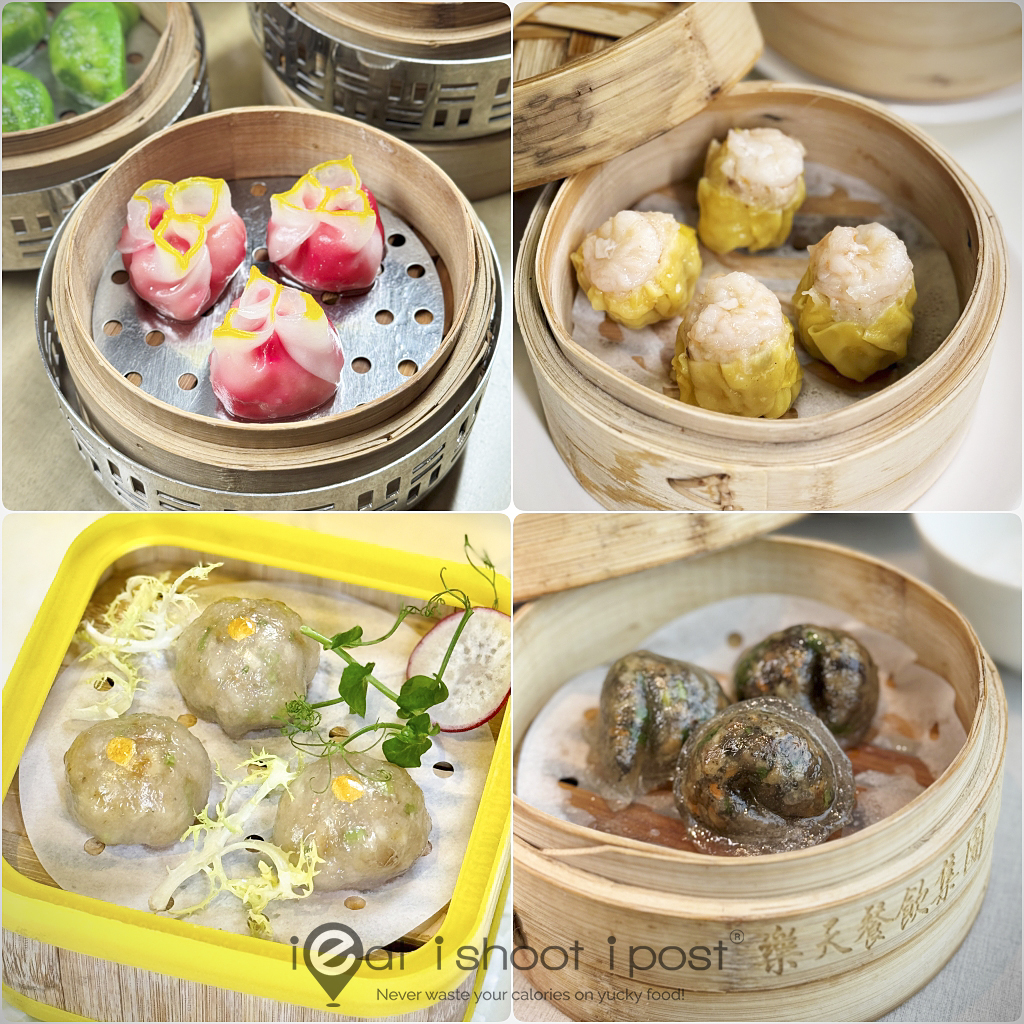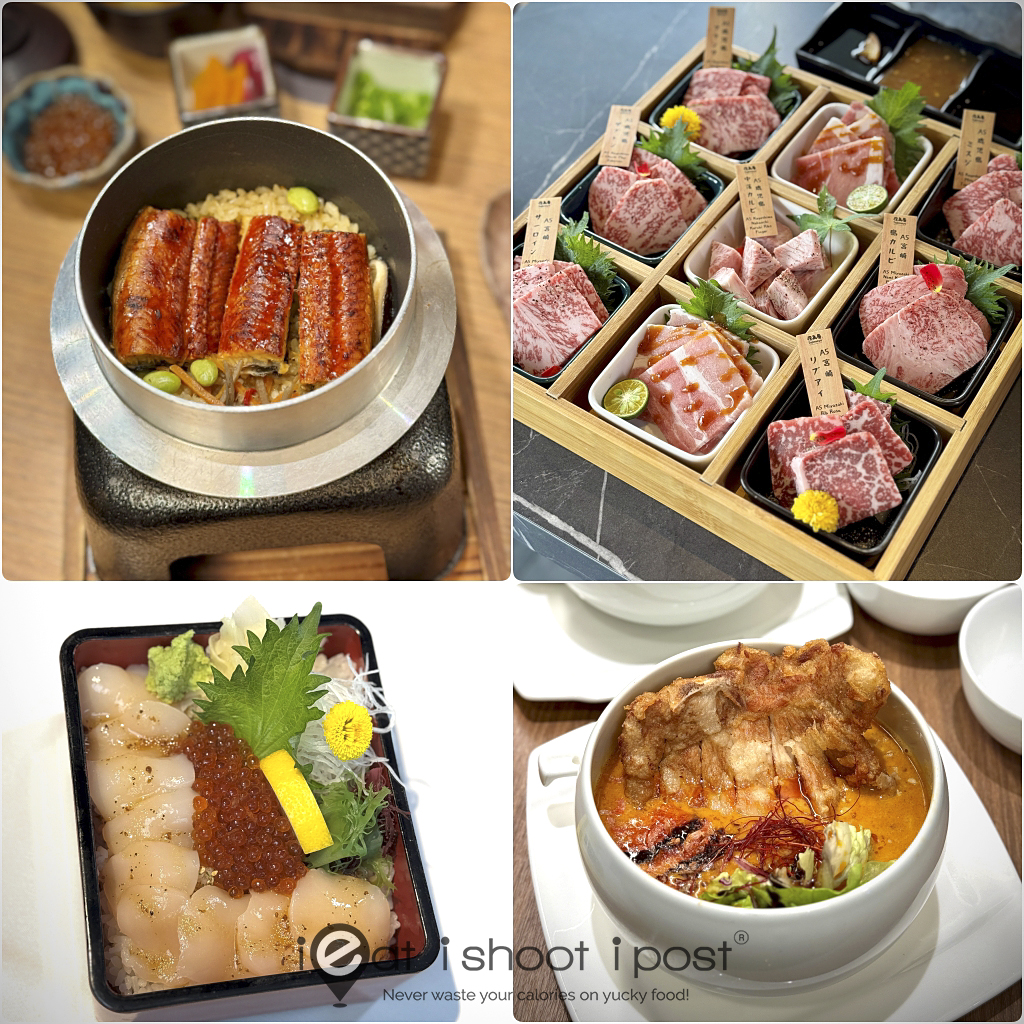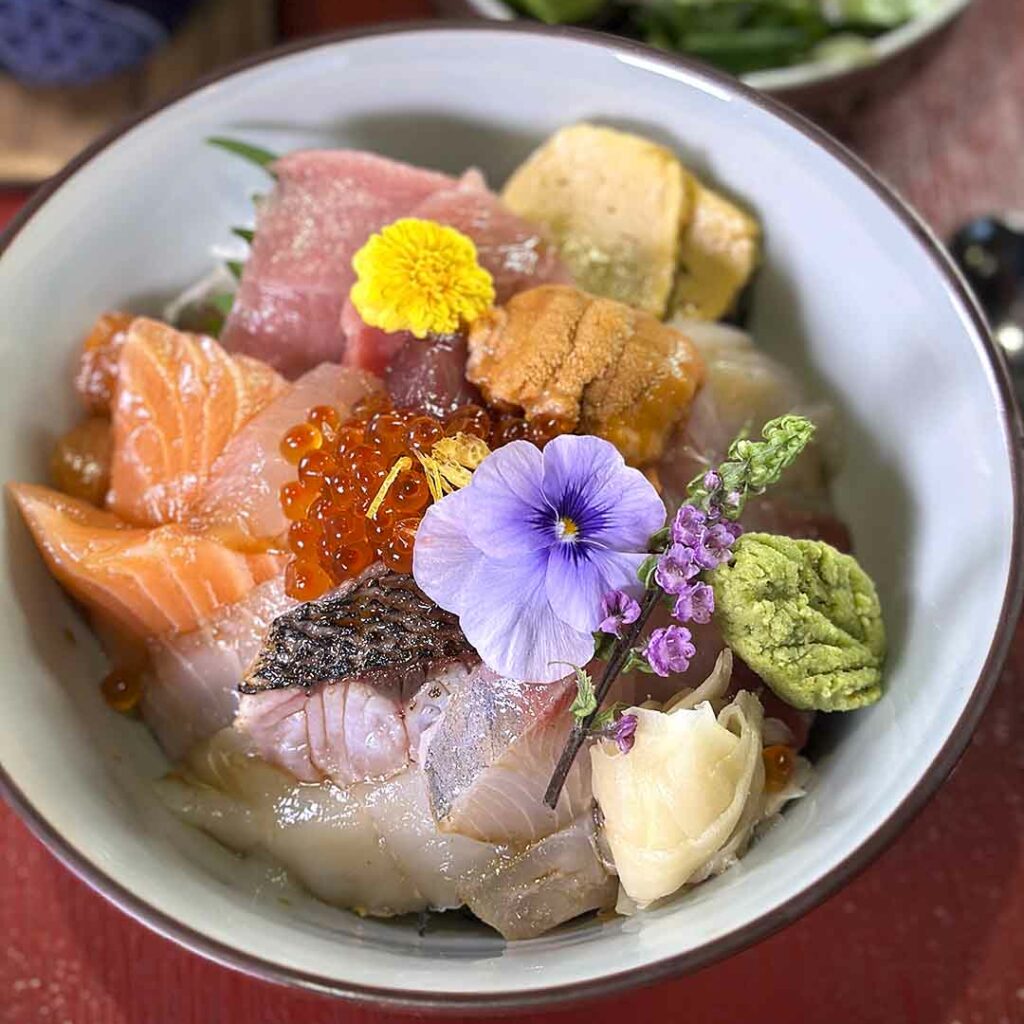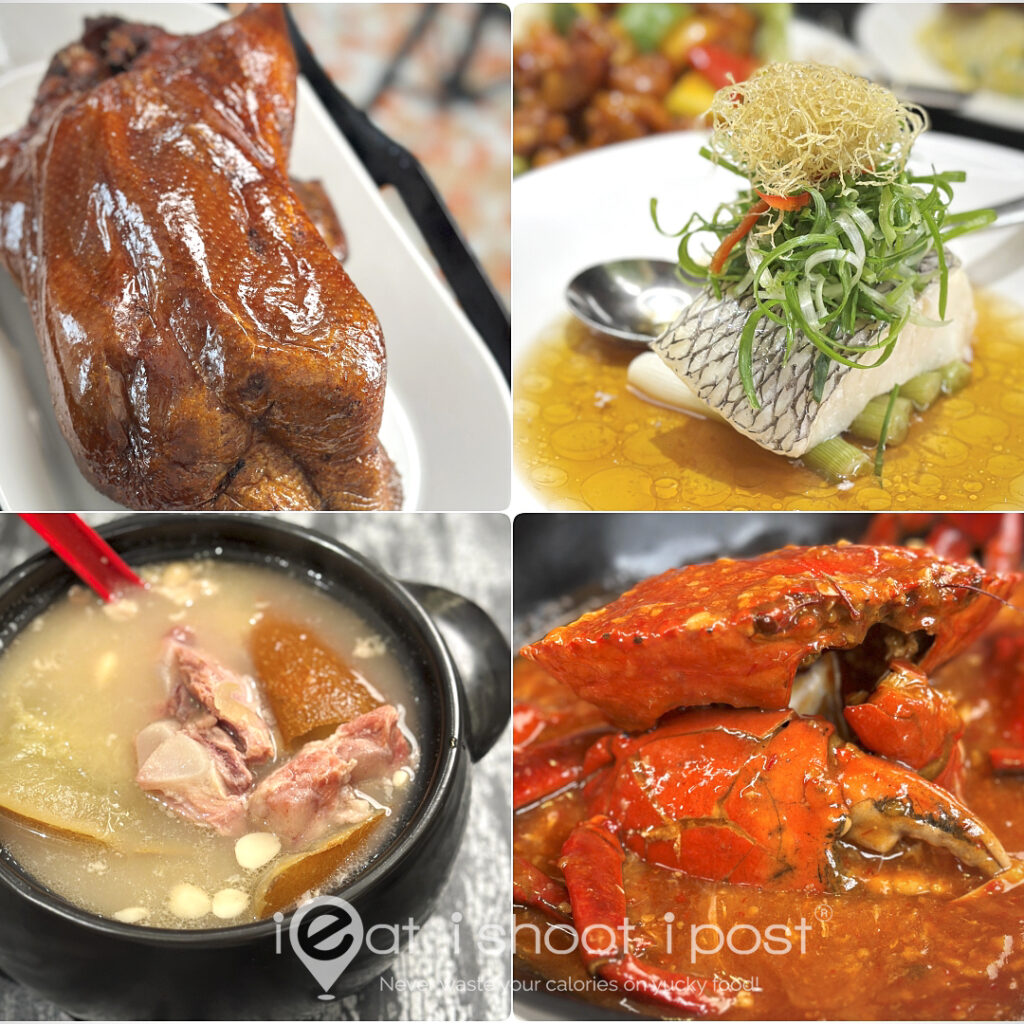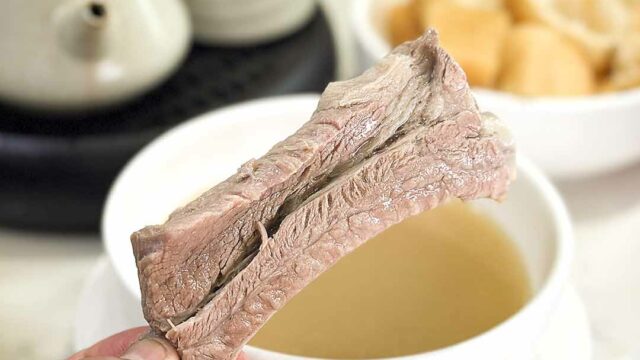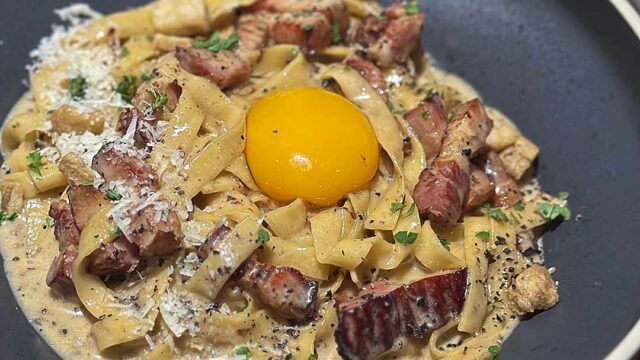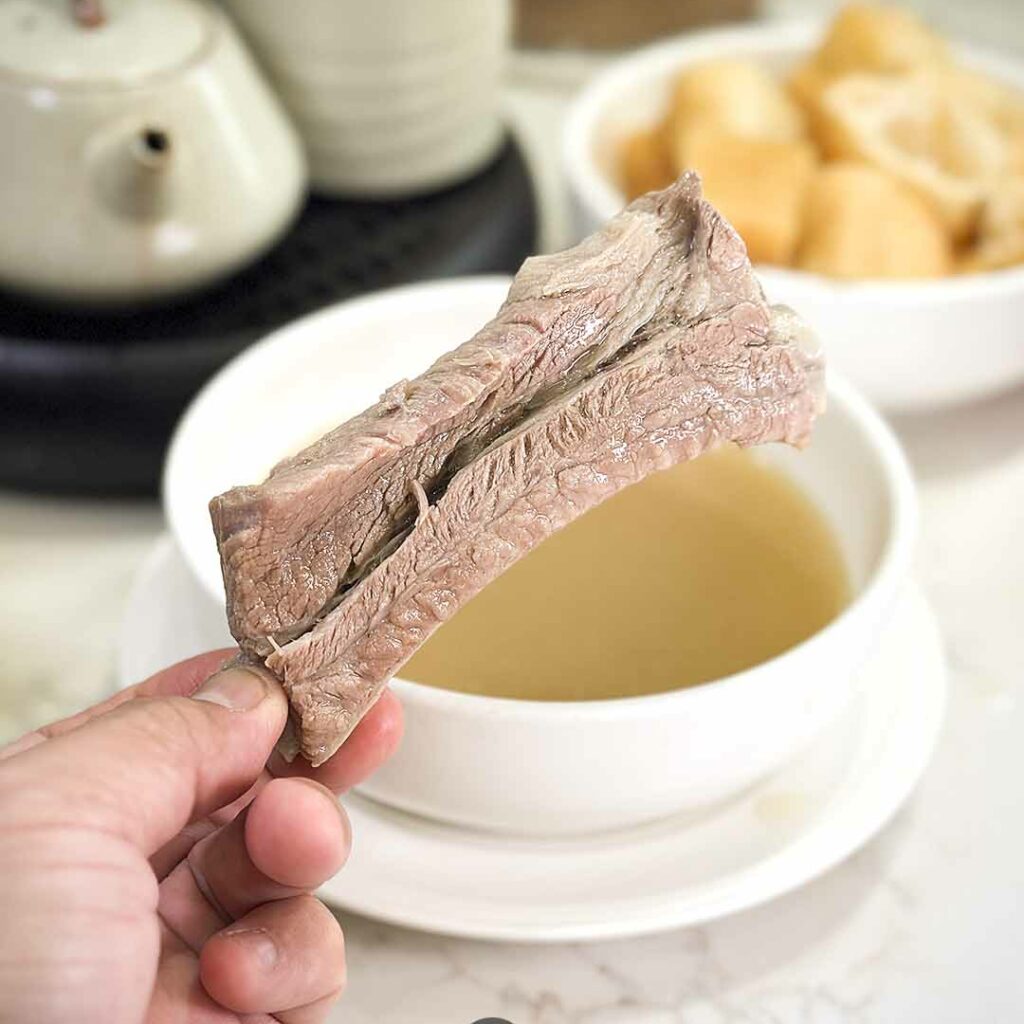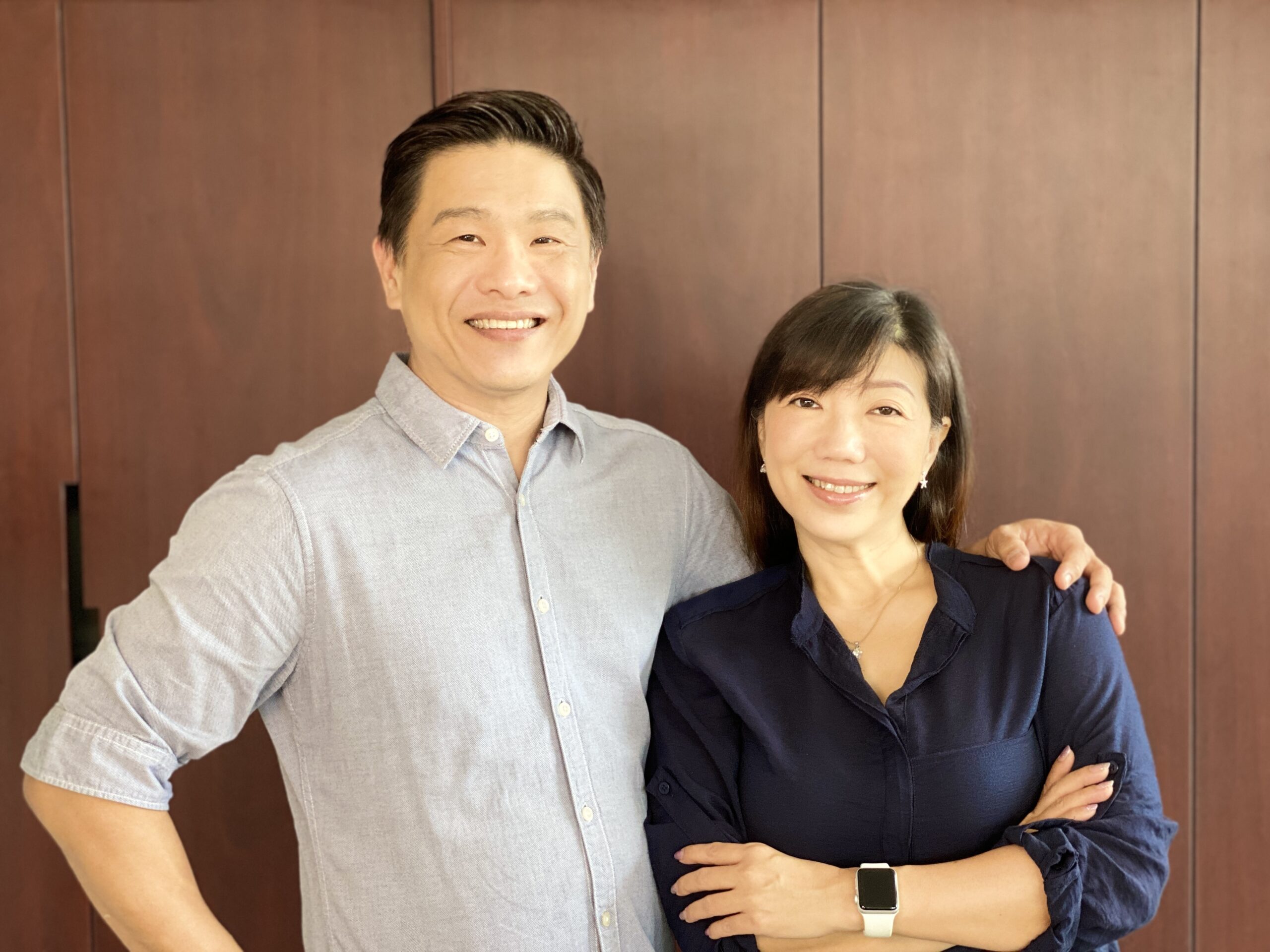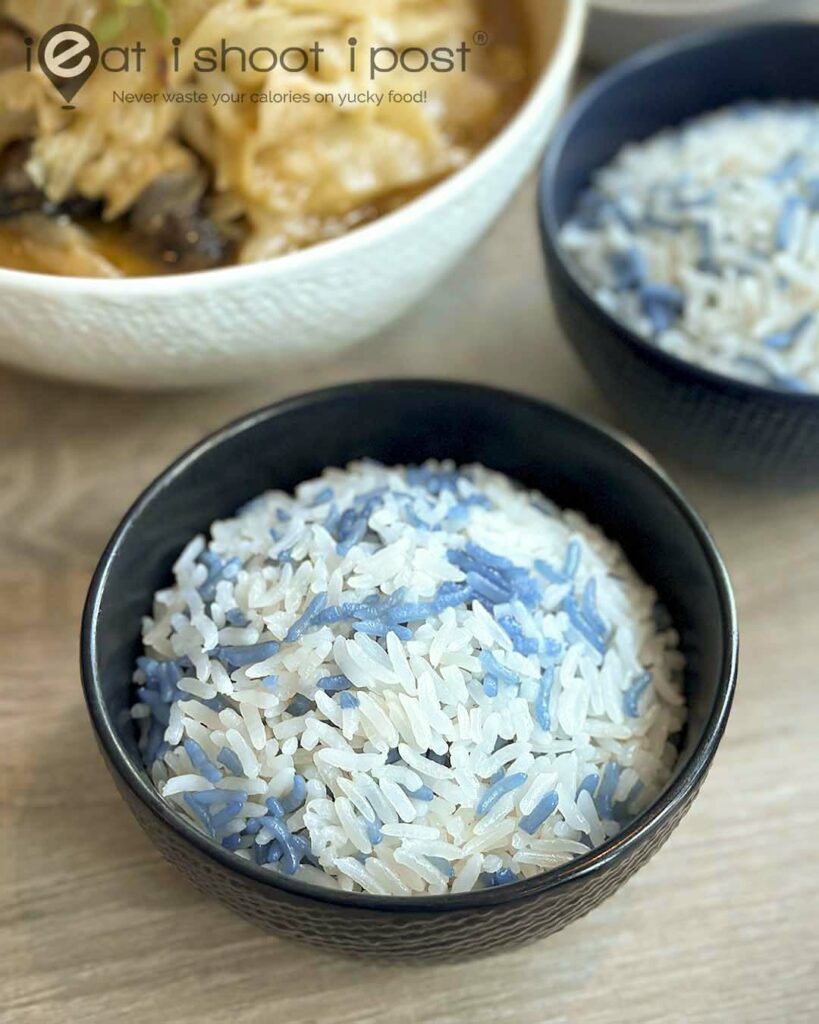
Skeptical at First
I must admit that I was very skeptical at first when a friend from church told me about the food at Bonding Kitchen.
“They serve the best Peranakan food!” he said. “Even better than XXXXXXXX,” which was my go-to restaurant for Peranakan food.
You can’t blame me for being skeptical. First of all, the restaurant is only a few years old, the chef has no Peranakan heritage, and “Bonding Kitchen”? It’s hardly a name that even hints at local cuisine, let alone Peranakan.
But I’ve visited the place twice already—first by myself, and then with my makan kakis during a Mid-Week Makan session. The kakis all agreed that the food is very good. Not all of it, but there are a few outstanding dishes that are well worth your calories. And if you love Peranakan food, this is the next place you need to try!
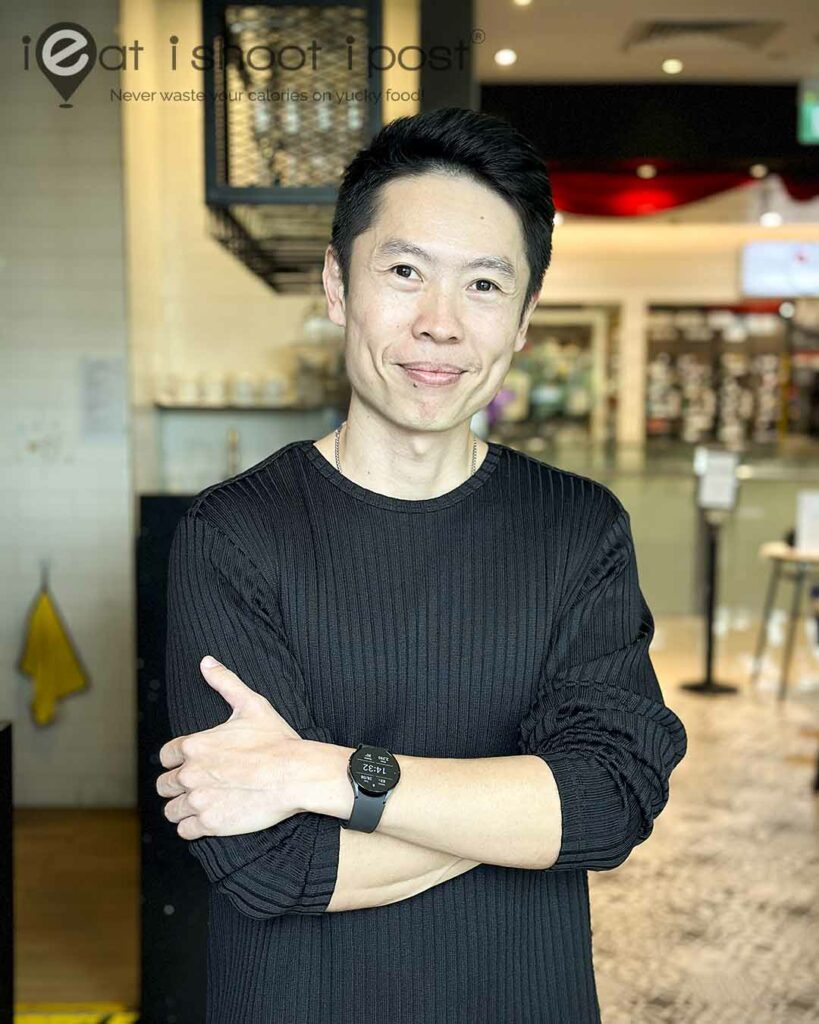
How Danny Turned Into Peranakan Chef
Chef Danny Chew, 44, arrived in Singapore in 2003 to work as a chef in various kitchens. He had grown up in a kampung in Segamat with a significant Peranakan population. This was where he first developed his passion for Peranakan cuisine. Whenever he encountered a dish that he enjoyed, he would ask the bibik to teach him how to cook it.
At 17, his father sent him to the UK to work for one of his uncles, who owned a Chinese restaurant. After spending four years honing his skills there, he returned to Malaysia before eventually moving to Singapore. In 2009, he tried his hand at running his own Nasi Lemak stall, but the venture failed Encouraged by his wife, he decided to pursue formal culinary training at At-Sunrice GlobalChef Academy in 2010, a decision that became a turning point in his career.
In 2016, Danny returned to Malaysia and began his Nonya culinary journey as a private dining chef. His rising reputation and success in this role inspired him to open Bonding Kitchen in 2020, right in the middle of the pandemic. After a slow start, Bonding Kitchen is steadily building a name for itself, offering refined Peranakan dishes that blend modern flair with traditional flavors.
Review of the Dishes
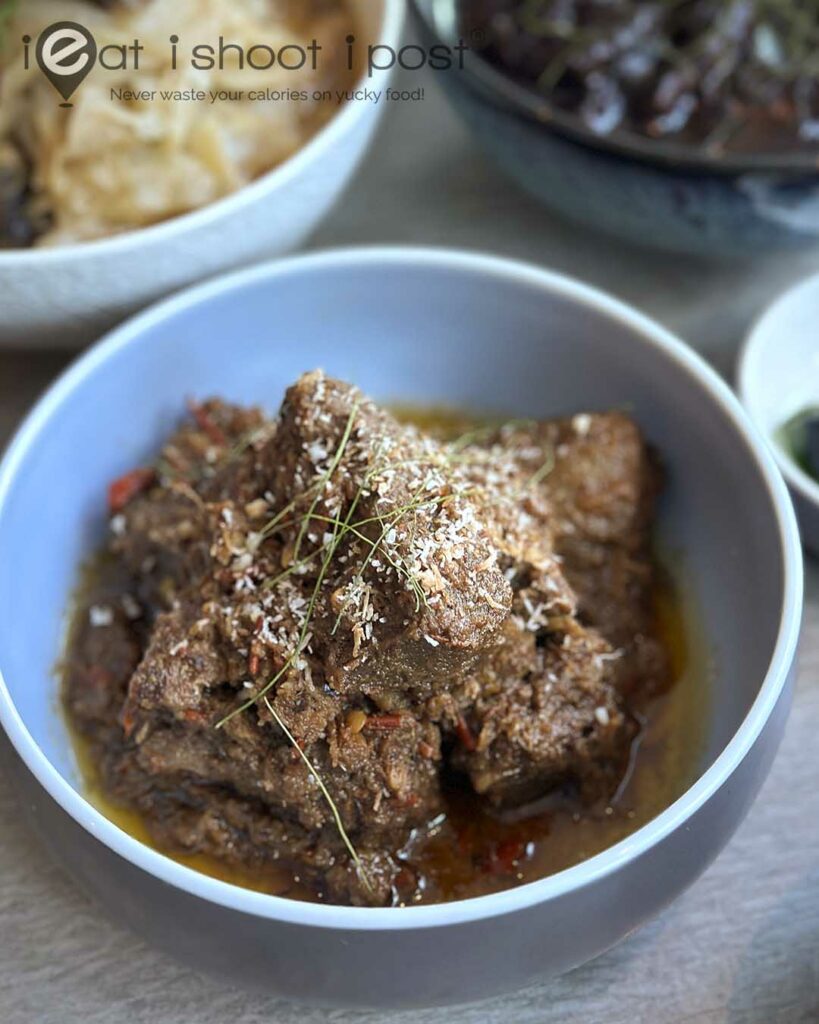
If there’s one dish you absolutely must try, it’s the Wagyu Beef Rendang. Made with richly marbled Wagyu rib meat, it’s braised to perfection—just enough so that the fat becomes soft and melty without completely rendering out. The addition of toasted coconut flakes provides a subtle hint of smokiness that enhances the dish.
Chef Danny explains that his approach to rendang involves placing all the rempah, meat, and spices into the pot together and slowly cooking until the meat is tender. He only adds the toasted shredded coconut towards the end. This method differs from the typical process of cooking curries where the rempah is first cooked till the oil is released before the meat is added. The result is a delectable beef rendang that begs to be eaten with some rice! 4.5/5
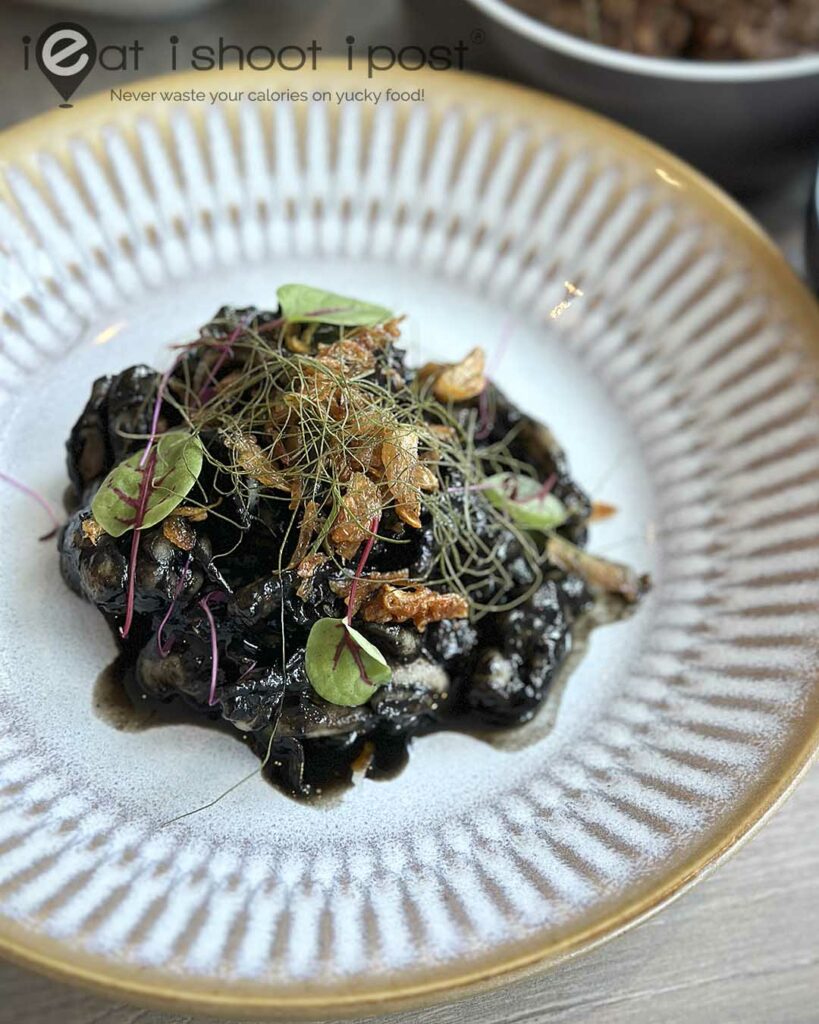
Another dish I’d definitely order again is the Sotong Masak Hitam. The fresh squid is flash-fried in a wok to give it that signature wok hei aroma before being coated in a tangy black ink sauce. The dish is elevated by small details like freshly fried shallots that are made in-house from Indonesian shallots. And thinly sliced kaffir lime leaves, which add a burst of flavor. While some of my dining companions found the dish a bit too tangy compared to the traditional version, I actually prefer it this way! 4.5/5
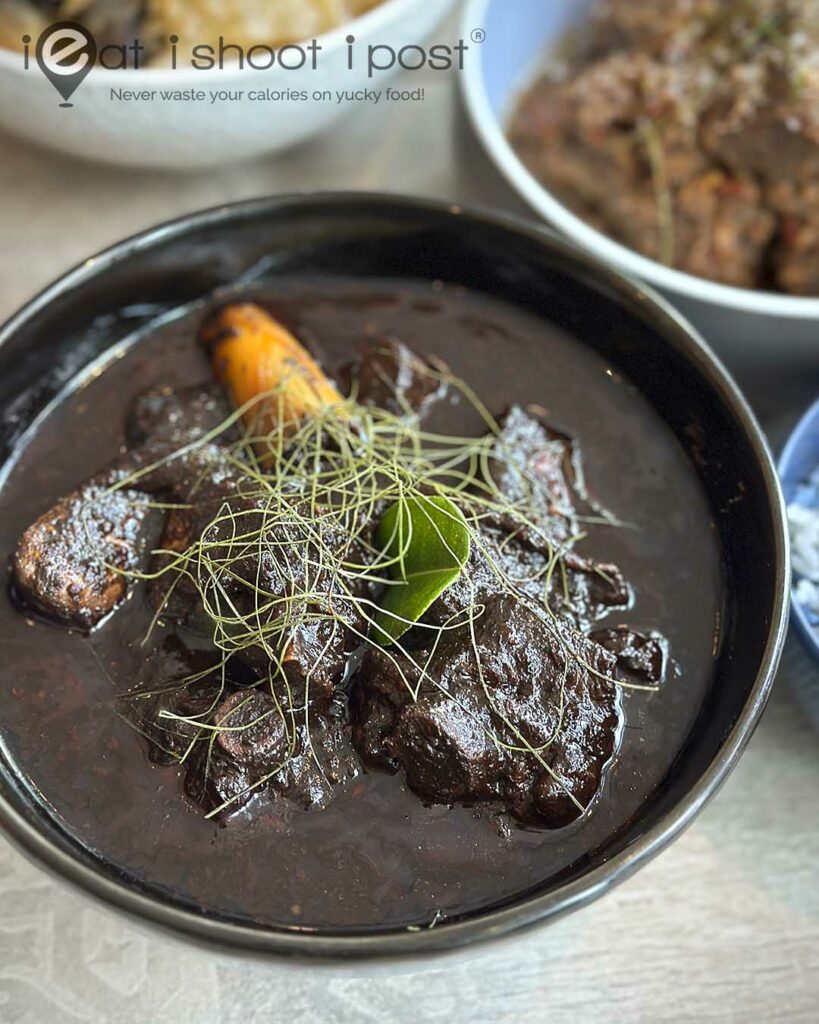
The Ayam Buah Keluak would have been perfect if it had been served with the whole Buah Keluak nuts. Instead, they provide small portions of the paste made from the kernels. The chef explained that they initially served the nuts, but many diners didn’t realize they needed to scoop out the kernels, so they switched to serving just the paste.
It’s such a shame, but I suppose this approach fits with their “Modern Peranakan” concept. The gravy is nicely balanced, though I would like it to be more nutty. Chef insists on using fresh meat (instead of frozen) in all his dishes, so the chicken pieces are tender and juicy. 4.25/5
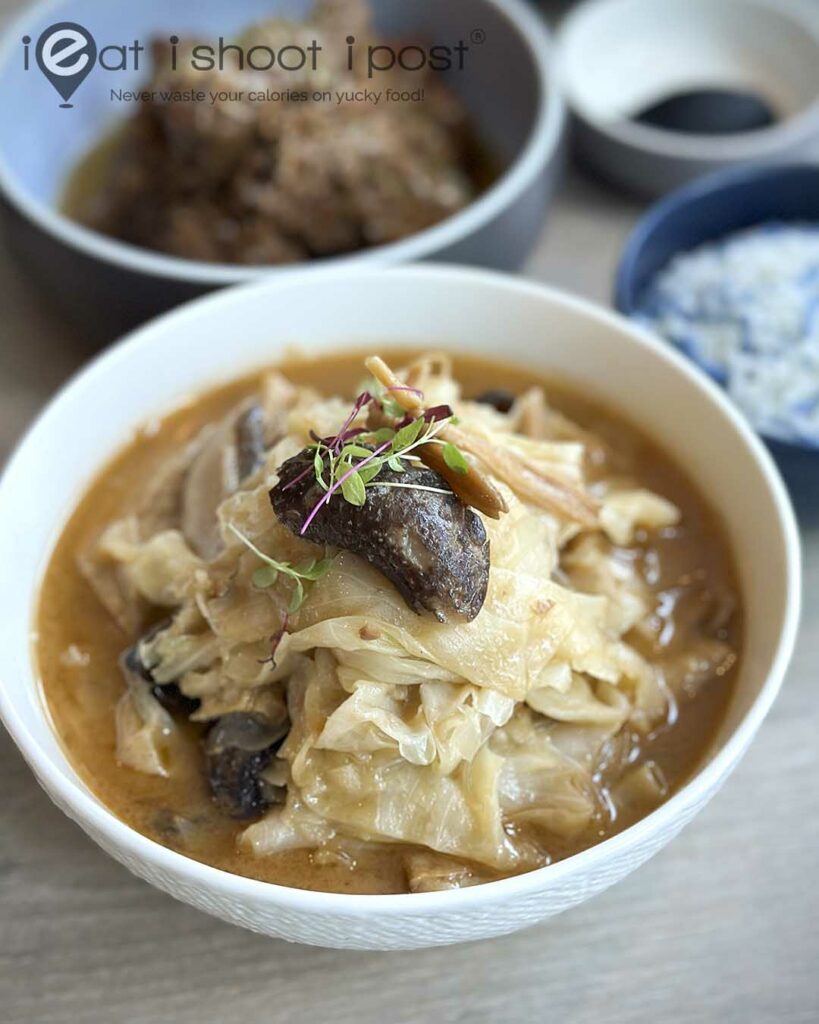
Their Nonya Chap Chye is very nicely done with the cabbage still retaining some structure and sweetness. The gravy is made from prawn head broth and tau cheo (fermented soy beans) and is very tasty. I would have liked more tau kee (soy bean sheets) in the dish. It is also missing the vermicelli which I enjoy. 4.25/5
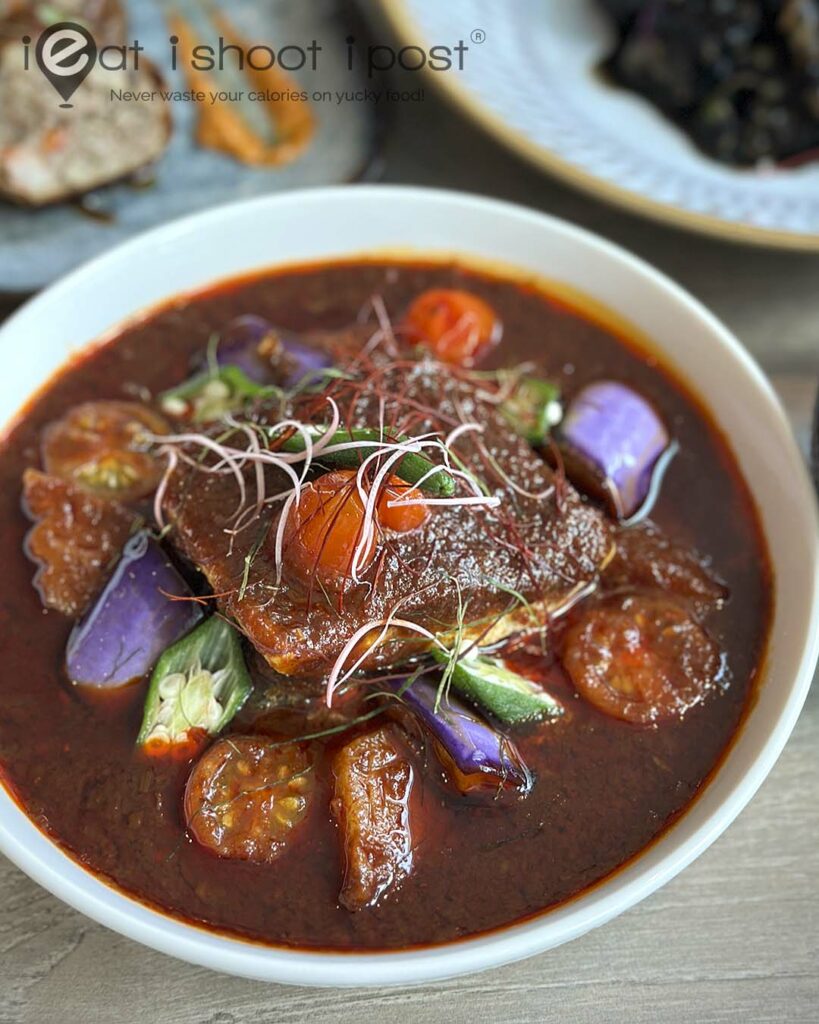
I didn’t quite connect with the Assam Pedas as I have with the other dishes. The sauce was tangy but lacked the depth of flavor. It seems to me that the fish was cooked separately and served with the sauce. As opposed to cooking the fish in the sauce itself. 3.5/5
Unique Kueh Pi Tee Cups
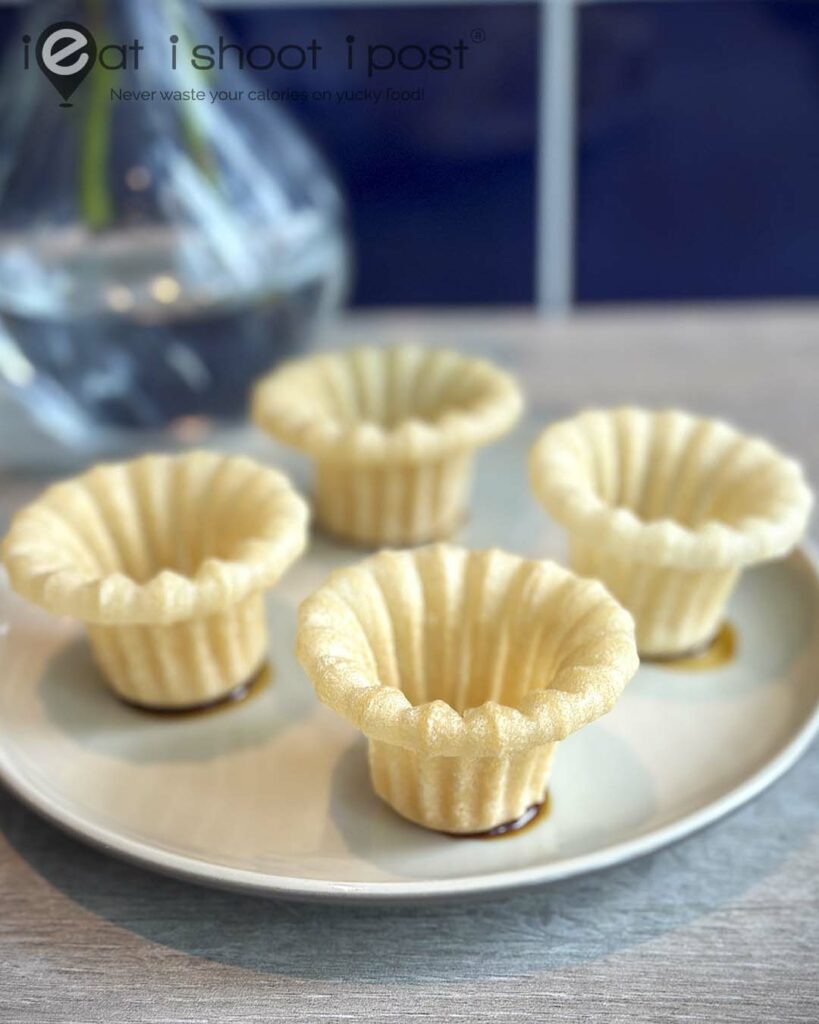
I haven’t tried the Kueh Pi Tee yet. But, I’m drawn to their housemade pastry cups, crafted in the traditional top hat shape. I believe this shape represents the original form of the dish before it was adapted into the more modern cup shape for easier storage. This classic style of pie tee cups requires more effort to make. The chefs at Bonding Kitchen have certainly created an outstanding version of it!
Dessert
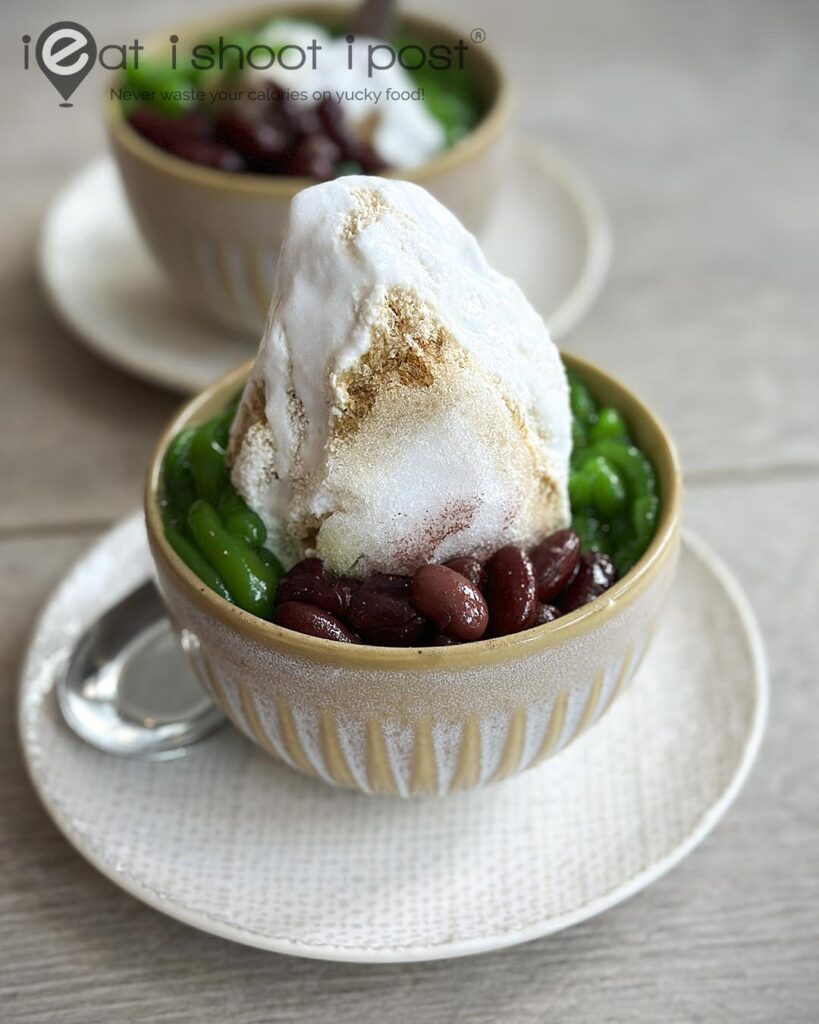
Their house-made Cendol (the green stuff) was nice but a little too soft and lacked slurpability. I do like their kidney beans which were nice and tender. Their cups are a little small for the amount of shaved ice! You have to eat some of it before being able to mix everything together. Only when it’s all mixed, then you really get to taste the combination of gula melaka, cendol and coconut milk. It is good but I just felt the gula melaka could have more oomph. 3.75/5
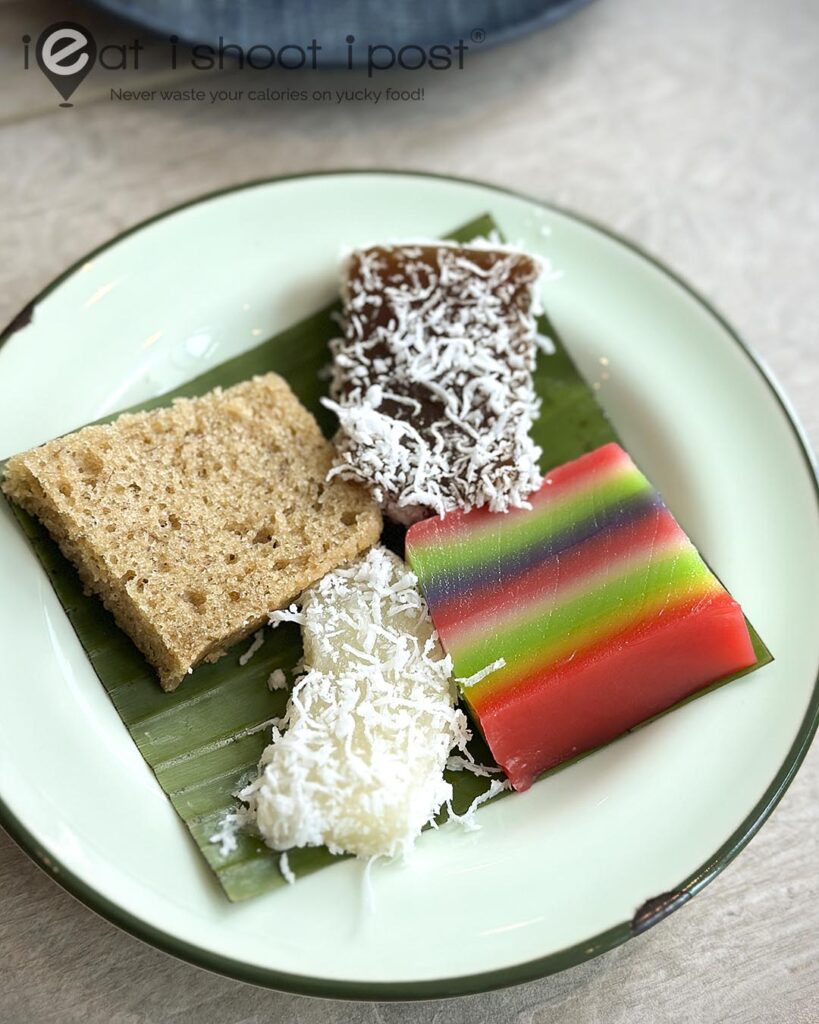
For a Peranakan restaurant, I would have expected the kueh to be more captivating. Unfortunately, this is one area that they are not proficient in and I wouldn’t go specially for the kueh. 3.5/5
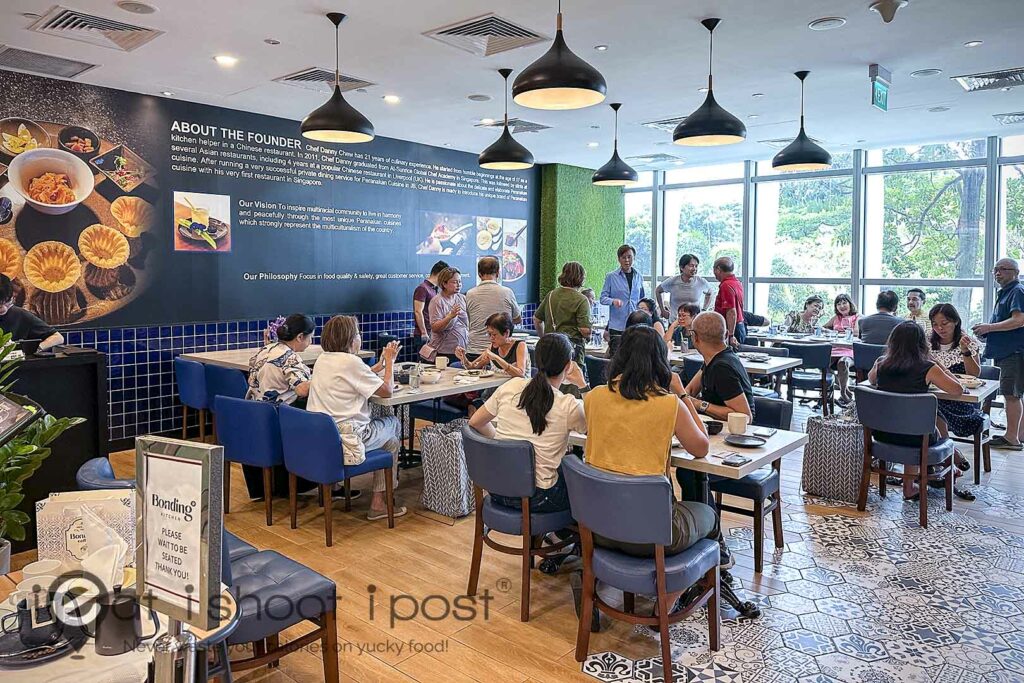
Conclusion
Bonding Kitchen offers a unique take on Peranakan cuisine that showcases both traditional and modern influences. Chef Danny Chew’s journey, from his roots in Segamat to his culinary ventures in Singapore, has culminated in a restaurant that beautifully blends classic flavors with a more refined approach. Dishes like the Wagyu Beef Rendang and Sotong Masak Hitam highlight his commitment to quality and creativity. The traditional top hat-shaped Kueh Pie Tee demonstrates his dedication to preserving authentic Peranakan traditions. Overall, Bonding Kitchen a great place to enjoy Peranakan cuisine that is conveniently located along Orchard Road.



